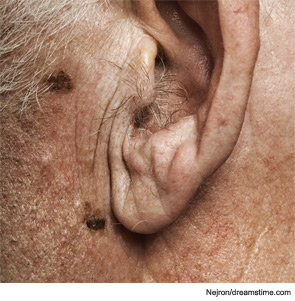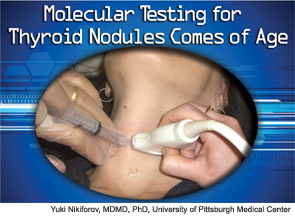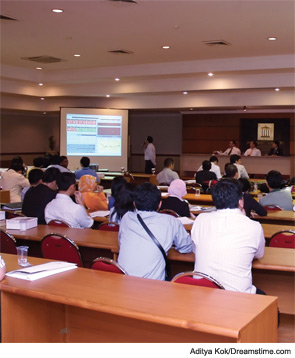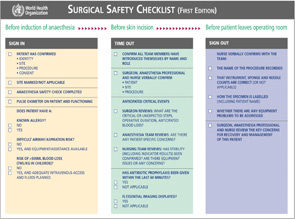A 75-year-old man presented with a left ear lobule melanoma and was found, on examination, to have a concurrent right parotid mass and bilateral cervical lymphadenopathy. A CT scan of the neck confirmed a 2-cm right superficial parotid mass containing both solid and cystic components without any pathognomonic characteristics, as well as bilateral cervical lymphadenopathy with multiple 2- to 3-cm lymph nodes. FNA biopsy of the parotid mass was consistent with carcinoma, whereas FNA samples from the cervical lymph nodes were non-diagnostic.








